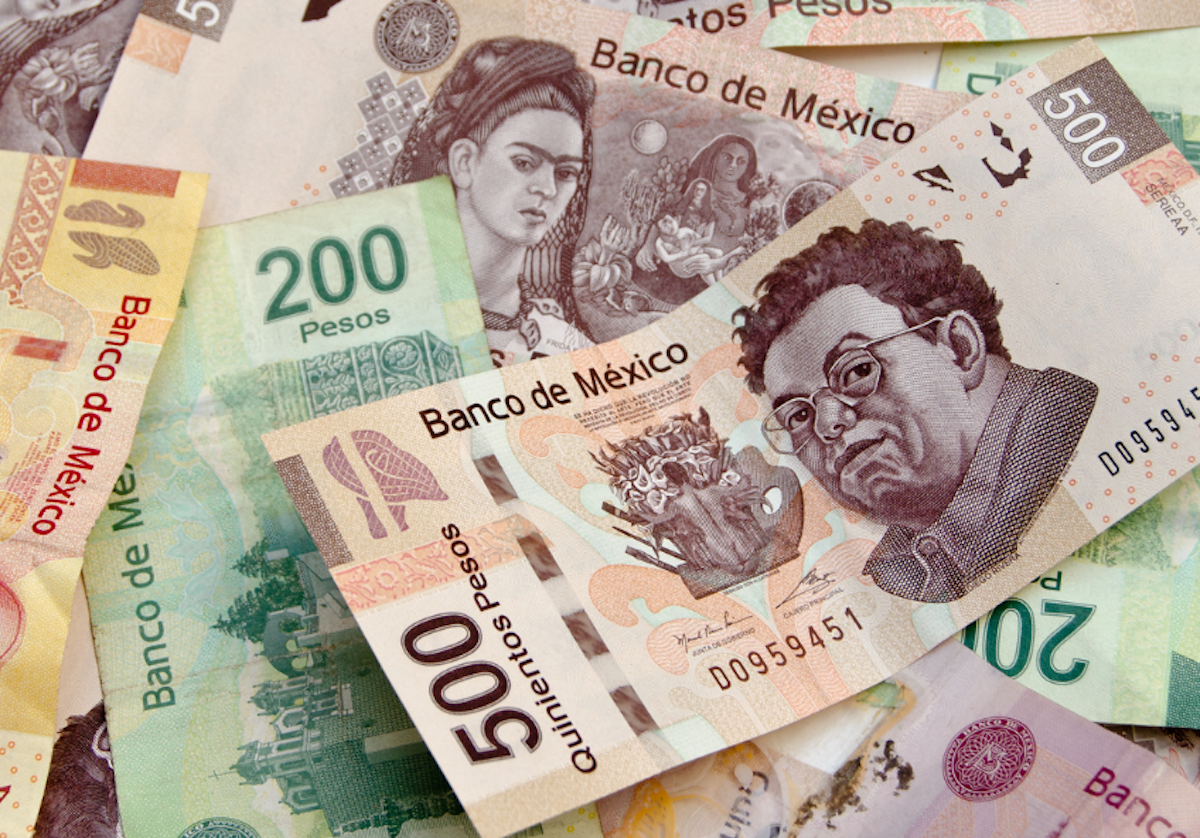$MXE $EWW $BTC
#MexicoEconomy #FiscalPolicy #EconomicGrowth #PublicSpending #EmergingMarkets #AMLO #MexicanPeso #GlobalMarkets #Inflation #DebtForecast #MonetaryPolicy #FinancialCredibility
Mexico has raised its deficit forecast amid growing concerns from economists about a possible slowdown in economic growth. The updated budget parameters reflect the government’s plan to embrace fiscal stimulus, potentially signaling challenges for the financial markets and broader Mexican economy. As the country contends with inflationary pressures and global market instability, the move aims to strike a balance between fostering domestic expansion and maintaining manageable debt levels. Economists, however, are skeptical, warning that such policies could weaken Mexico’s fiscal position and expose the country to greater risks if growth fails to accelerate as planned.
The Mexican government led by President Andrés Manuel López Obrador (AMLO) has opted for a more expansionary approach to public spending by increasing deficit expectations, an unusual move for what is historically a more conservative administration in terms of budget policy. The decision to widen the deficit comes amid major concerns over the country’s ability to maintain fiscal credibility in the international market. To prevent fiscal imbalances from ballooning, the government has announced plans to sharply reduce public spending in non-priority sectors, hoping to reassure investors that austerity measures are still within consideration. However, cutting spending in certain areas could slow down growth even further, potentially dampening an already concerning economic outlook.
The international market is closely watching Mexico’s budget moves, particularly investors holding exposure to Mexican equities and fixed-income securities. Many emerging-market funds track Mexican ETFs such as $MXE and $EWW, both of which could see increased volatility in response to the financial changes. Rising interest rates globally compound the challenges, as Mexico’s sovereign debt becomes more expensive to service in an environment where borrowing costs are already rising. Moreover, a weakened growth outlook could increase sovereign credit risk, raising bond yields and forcing the central bank into a corner where rate-setting becomes more difficult. These dynamics could also increase the pressure on the Mexican peso, pushing it into a more volatile trading range versus the U.S. dollar, adding to the woes for foreign investors.
With growing concerns about global financial conditions and Mexico’s internal economic challenges, many analysts forecast potential headwinds for Mexico’s growth targets. The slowdown in economic activity could have broader implications beyond national borders, as Mexican exports are key to supply chains, especially for U.S. industries. Global capital markets may also reprice Mexican assets to reflect higher risks, including in the cryptocurrency space, where $BTC and other digital assets have seen growing adoption in Mexico. The country’s fiscal trajectory remains a key variable to monitor in the months ahead as Mexico navigates tricky economic waters amid heightened uncertainty in global growth outlook and financial conditions.







Comments are closed.